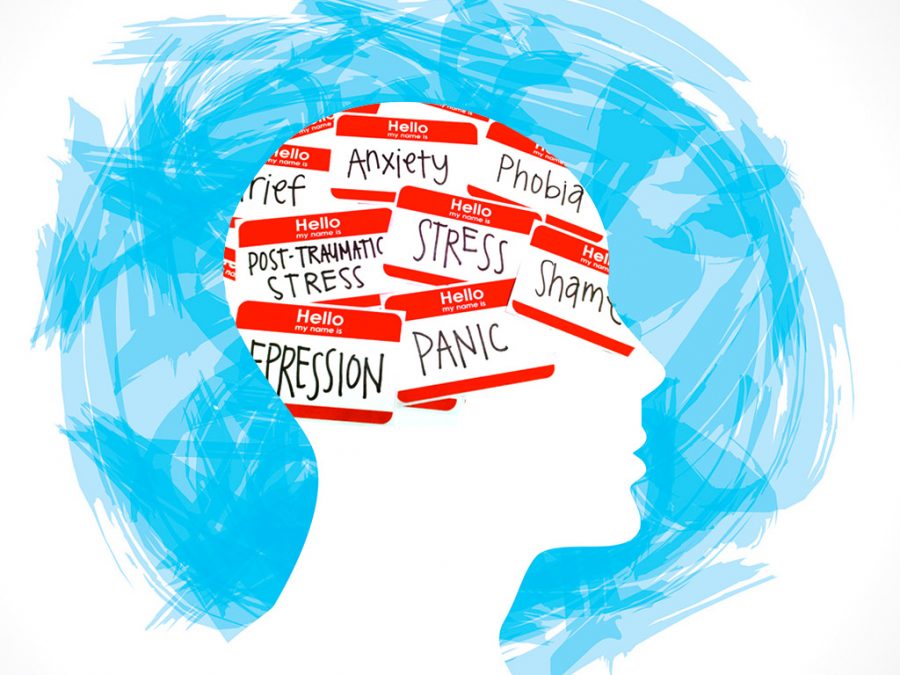Invisible but existent (Opinion)
Why we must take anxiety and depression seriously
March 6, 2018
That quiet boy in your English class doesn’t volunteer to present his project, he only helplessly overthinks the luckless chances for him to escape his humiliation. Maybe he can’t explain why to even himself, but he knows he’d easily sacrifice his grade to avoid standing in the center of attention. He and countless other teens suffer through this unease every single day, most without treatment or even sympathy.
A staggering 25% of all teens are affected by an anxiety disorder, and we have yet to see the day when teachers and boards of education take these invisible illnesses seriously. Many belittle the affected students and treat the feeling as something no more than butterflies when in reality, anxiety can cause numerous physical and mental effects like getting headaches, having appetite problems, and becoming apathetic to things they used to enjoy. Severe anxiety can lead to depression that an alarming 20% of teens will experience, which can then impact a multitude of aspects in their lives. Serious depression can lead to insomnia, a decreased effort in daily activities, and participation. These effects can often be seen, but are usually blamed on the individual until a teen takes their own life out of hopelessness and helplessness, which happens less than every 2 hours.
Mental illnesses are often seen as imaginary, especially among students, because teachers see them only as an excuse for avoiding schoolwork or keeping antisocial. They see their low grades as effects of the students’ laziness when it’s actually due to their hopelessness for anything. What the teachers still don’t realize is the possible low self-esteem, sadness, and even drug abuse that can be caused by anxiety and depression, among many other effects. Students with broken bones and with visible colds are only taken seriously because teachers can see the effects they have on them. The brain is the most important organ in the human body, yet, serious mental illnesses are treated as irrelevant compared to fixable physical conditions.
Although physical signs may not register with adults in schools, schools need to assure students by the masses that they can seek help and can recover. Not only that, but also that they are able to and should go to someone they trust about it. Many teens don’t talk to anyone about the issue because they don’t trust, or feel as if anyone could help them. If they receive help, 80% of teens with depression can be successfully treated and live on with happiness.
Teens today are more depressed than ever, and yet, only 30% of them are being treated for it. It is our job as a society to bring awareness and understanding to not only anxiety and depression, but many other mental illnesses impacting students’ lives. We have to stop sugar-coating serious matters and turn this issue into something students feel comfortable talking about because of how many people it affects every day.

